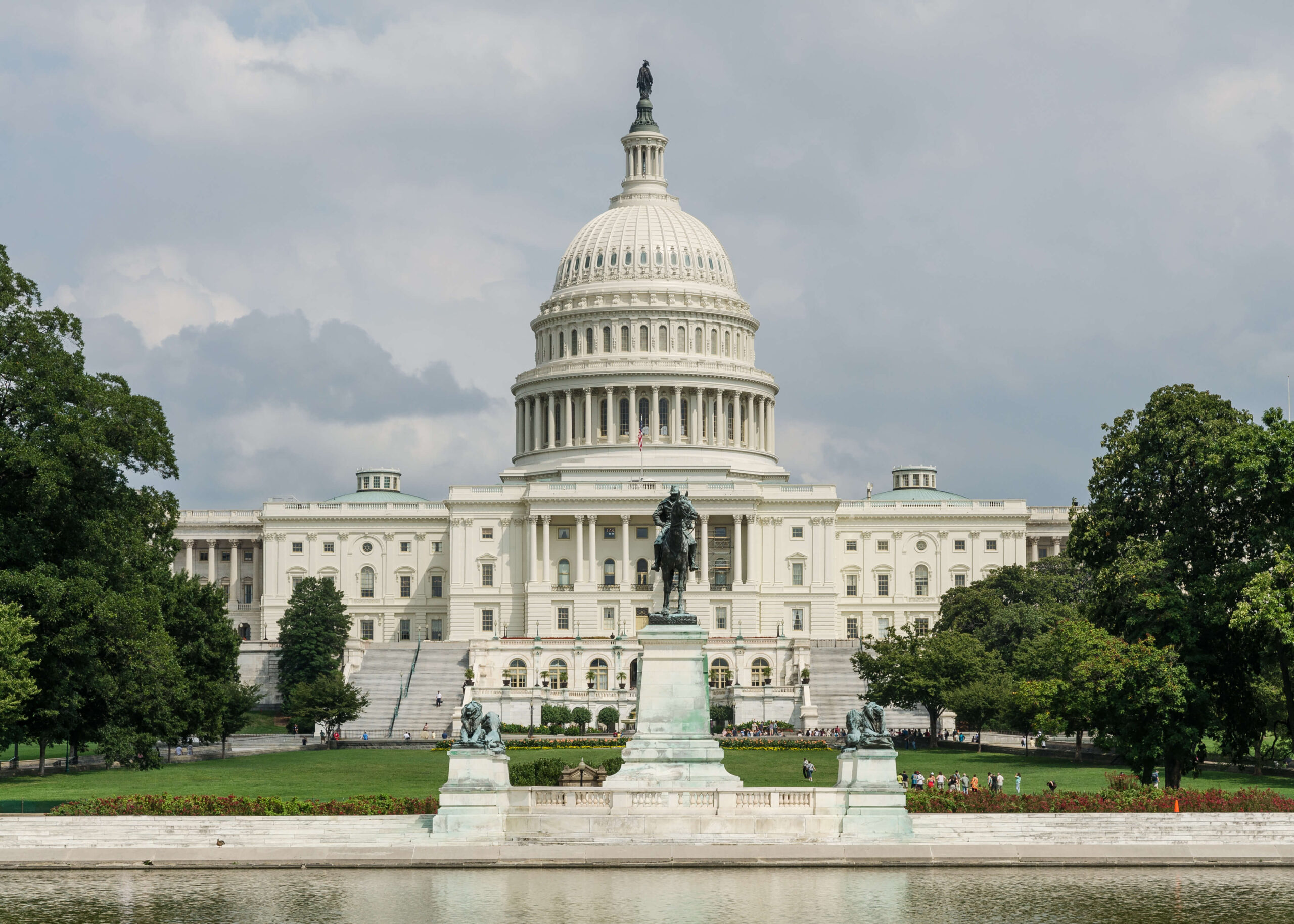Washington, D.C., is witnessing a historic moment in its cannabis market. On March 28, 2024, the first batch of transitioning I-71 cannabis gifting stores was granted licenses to open as legal medical dispensaries. These three stores represent the pioneers among many unlicensed operators, entering the legal domain and setting a precedent for the industry’s future in the city.
The long-awaited shift began when Initiative 71, which legalized the possession of small amounts of marijuana for personal use, was approved in 2015. However, it took almost a decade for authorities to develop a regulatory framework for the burgeoning cannabis market.
Nonetheless, this step marks a significant change, with around 30% of the 75 businesses that applied to receive placards, the primary requisite for obtaining a legal license.
Concerns over Supply in the Evolving Market
Potentially, 35 legal medical dispensaries could be operational within the following three months. Yet, not a single new cultivation center has opened, sparking concerns about the supply of cannabis products in an already strained medical market. As more entrepreneurs make their mark in the territory, balancing demand and supply will become an essential challenge to address to maintain a healthy industry and, ultimately, protect the interests of patients and consumers.
Transitioning I-71 Clientele: A Matter of Trust?
D.C. aims to encourage many existing I-71 clientele to transition toward becoming registered medical patients through a self-certify patient system implemented in the District. The burning question, however, is whether these individuals will opt for the legal route and register to shop at the new stores. This uncertainty also stems from the presence of a legal adult-use market in neighboring Maryland, potentially leading many Washingtonians to seek their cannabis options across state lines.
Expanding Licensing Opportunities for Entrepreneurs
Two additional retail licensing application periods are set to take place in an effort to facilitate further business ventures in the city’s developing cannabis industry. One of these rounds includes a social equity period designed to enable businesses to apply for conditional or standard licenses. This expansion ultimately aims to provide more opportunities for entrepreneurs to open medical dispensaries and delivery services this year.
The Importance of Social Equity in the Cannabis Industry
As the cannabis landscape continues to evolve, focusing on social equity becomes imperative to ensure that communities disproportionately affected by discriminatory drug policies have equal access to business opportunities within this burgeoning market. By allocating a specific licensing application period for social equity applicants, Washington D.C. is making a statement about its commitment to fostering an inclusive and diverse cannabis sector.
A Promising Future Amid Challenges
While the transition of I-71 gifting stores into legal medical dispensaries offers a much-anticipated shift in the District’s cannabis industry, several challenges must be addressed. Balancing supply and demand, attracting clientele to opt for the legal market, and promoting inclusivity through social equity initiatives are just a few hurdles ahead.
However, launching these first-ever transitioning dispensaries is a testament to the dedication and persistence of the entrepreneurs and stakeholders involved in shaping the future of cannabis in Washington, D.C. As the capital city takes significant strides, it simultaneously sets the stage for the rest of the nation, demonstrating how adaptation and regulation can guide an ever-evolving industry to new heights.





